Vet-Recommended Wet Dog Food for Sensitive Stomachs — 2025 Guide
Yes — wet dog food for sensitive stomachs can be gentler and easier to digest than many dry diets. If your dog suffers from loose stools, vomiting, gas, or frequent tummy upsets, the right wet formula can reduce symptoms and support digestion. This guide explains what makes a wet food stomach-friendly, which ingredients to favor or avoid, vet-recommended brands, and practical tips to switch foods safely and monitor improvement.
Many dog owners feel stuck when their pet has digestive trouble. Watching a dog who seems excited at mealtime then gets sick is stressful. Common grocery-brand kibbles often include fillers, artificial additives, and heavy proteins that can irritate the gut. The good news: choosing a limited-ingredient, easily digestible wet food—often recommended by veterinarians—can calm digestion, improve stool quality, and restore energy. Below you’ll find clear, actionable advice to choose the best wet food for sensitive stomachs and how to test it with confidence.
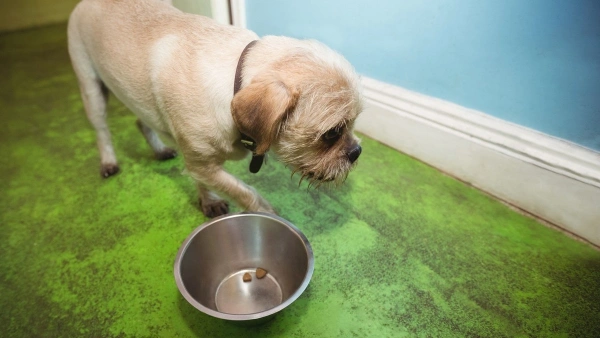
What Is the Best Wet Dog Food for a Sensitive Stomach?
Look for limited-ingredient formulas with gentle proteins and added digestive support.
Key features to look for
Limited ingredients: fewer potential triggers make it easier to spot causes.
Single, high-quality protein: turkey, salmon, or lamb are common gentle choices.
Gentle carbs: rice, oats, or sweet potato are typically well tolerated.
Added probiotics or prebiotics: support healthy gut bacteria.
No artificial colors or flavors: these can aggravate some dogs.
Vet-recommended wet formulas
Hill’s Prescription Diet i/d (wet)
Royal Canin Gastrointestinal Moist
Purina Pro Plan Veterinary Diets EN (wet)
Wellness Simple Limited-Ingredient (wet)
Blue Buffalo Basics (wet)
How vet foods differ from retail brands
Vet diets often undergo digestibility testing.
They are formulated to manage clinical issues, not just general nutrition.
Prescription options usually include guidance from your veterinarian.
Is Wet Food Better for Dogs with Digestive Issues?
Often yes — wet food is easier to break down and helps keep dogs hydrated.
Why wet food can ease digestion
Higher moisture content helps digestion and stool formation.
Softer texture reduces chewing and helps older dogs or dogs with dental issues.
Wet food is usually less processed, which can lower digestive load.
When wet food is especially helpful
During recovery from illness or surgery.
For dogs with chronic loose stool or mild vomiting.
For puppies and seniors with sensitive digestion.
Common owner mistakes
Switching foods too quickly — always transition slowly.
Assuming all wet foods are the same; ingredient list matters most.
Overfeeding because wet food looks smaller by volume.

What Food Is Best for Dogs with Sensitive Stomachs?
The best food uses a single, novel protein and simple carbohydrates to limit reactions.
Identifying the root cause
Food intolerance vs. food allergy — tests and elimination diets help diagnose.
Infections, parasites, or pancreatitis can mimic food sensitivity — vet check is vital.
Ingredient sensitivity often centers on beef, chicken, dairy, wheat, or soy.
Diet strategies
Start with a limited-ingredient wet food for 8–12 weeks.
Use novel proteins (duck, rabbit, venison, or fish) if common proteins fail.
Consider hydrolyzed protein prescription diets for confirmed allergies.
Feeding best practices
Feed smaller, more frequent meals to ease digestion.
Keep a food diary to track meals, treats, and symptoms.
Introduce supplements (probiotics, fish oil) after vet approval.
What Wet Food Do Vets Recommend for Dogs?
Vets often recommend therapeutic or clinical wet diets tailored to digestive issues.
Popular veterinary options
Hill’s i/d Digestive Care (wet) — formulated for GI upset.
Royal Canin Gastrointestinal Loaf — easy on sensitive stomachs.
Purina Pro Plan Veterinary Diets EN — supports digestion and recovery.
How vets choose a formula
Based on the dog’s history, symptoms, and test results.
Digestibility studies and clinical trials influence recommendations.
Vet prescriptions often include feeding guides and monitoring plans.
When to use prescription wet food
Severe or persistent vomiting/diarrhea.
Confirmed food allergy or chronic gastrointestinal disease.
Post-surgical or hospitalized patients where digestion needs support.

Everything Our Vets Recommend
How Should I Transition My Dog to a New Wet Food?
Transition slowly over 7–10 days and watch for any changes in stool or behavior.
Step-by-step transition plan
Days 1–3: Mix 25% new wet food with 75% old food.
Days 4–6: Move to 50% new / 50% old.
Days 7–9: Shift to 75% new / 25% old, then 100% new if tolerated.
Keep water available and monitor stool quality daily.
Signs the food is working
Improved stool consistency (firmer, regular stools).
Less gas and reduced vomiting episodes.
More energy and a shinier coat.
wet dog food for sensitive stomach FAQs
What is the best wet dog food for dogs with sensitive stomachs?
Veterinary formulas like Hill’s i/d, Royal Canin Gastrointestinal, and Purina EN are commonly recommended. Limited-ingredient commercial wet foods can also work for mild sensitivities.
Is wet food better than dry for sensitive stomachs?
Wet food is often easier to digest due to higher moisture and softer texture, but the ingredient list is the deciding factor.
What wet food should I try first for a sensitive stomach?
Start with a limited-ingredient wet diet containing a single novel protein or a prescription gastrointestinal formula based on vet advice.
Can soft dog food for sensitive stomach be mixed with kibble?
Yes. Mixing wet food with kibble can ease the transition and improve palatability, but adjust portions to avoid overfeeding.
How long before I see improvement?
Many dogs show improvement in stool and comfort within 2–4 weeks. Full benefits may take 8–12 weeks depending on the issue.
Conclusion
Choosing vet-recommended wet dog food for sensitive stomachs can make a real difference in your dog’s comfort and digestion. Focus on limited ingredients, gentle proteins, and formulas with digestive support. Transition gradually, monitor results, and consult your veterinarian for persistent or severe issues. With the right diet and care, most dogs regain regular digestion, better energy, and improved coat condition within weeks.
You May Like:
- Latest Guide 2025: Grain Free Dog Food for Dogs With Allergies
- Best Dog Food for Pugs With Skin Allergies That Works
- How Many Cups in a 40lb Bag of Dog Food? Find Out Now
- Fresh Food for Dogs with Allergies: Mistakes to Avoid
User Comments
Does flea treatment kill ear mites too?
Can dogs take human probiotics?
Can dogs have people probiotics safely?
Related Articles
View all
How to Get Rid of Dog Allergies Naturally: Common Mistakes

Dog Allergic Reaction Eye Swelling: Hidden Mistakes to Avoid
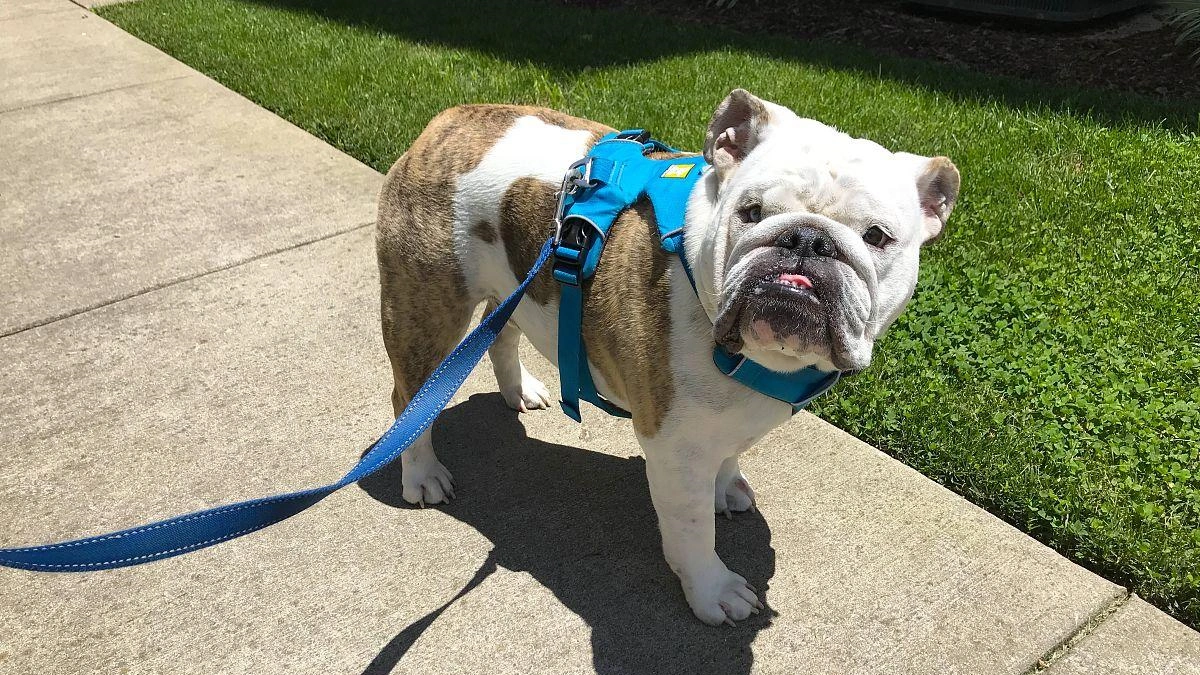
Why Do Bulldogs Scratch? Bulldog Skin Allergies Guide
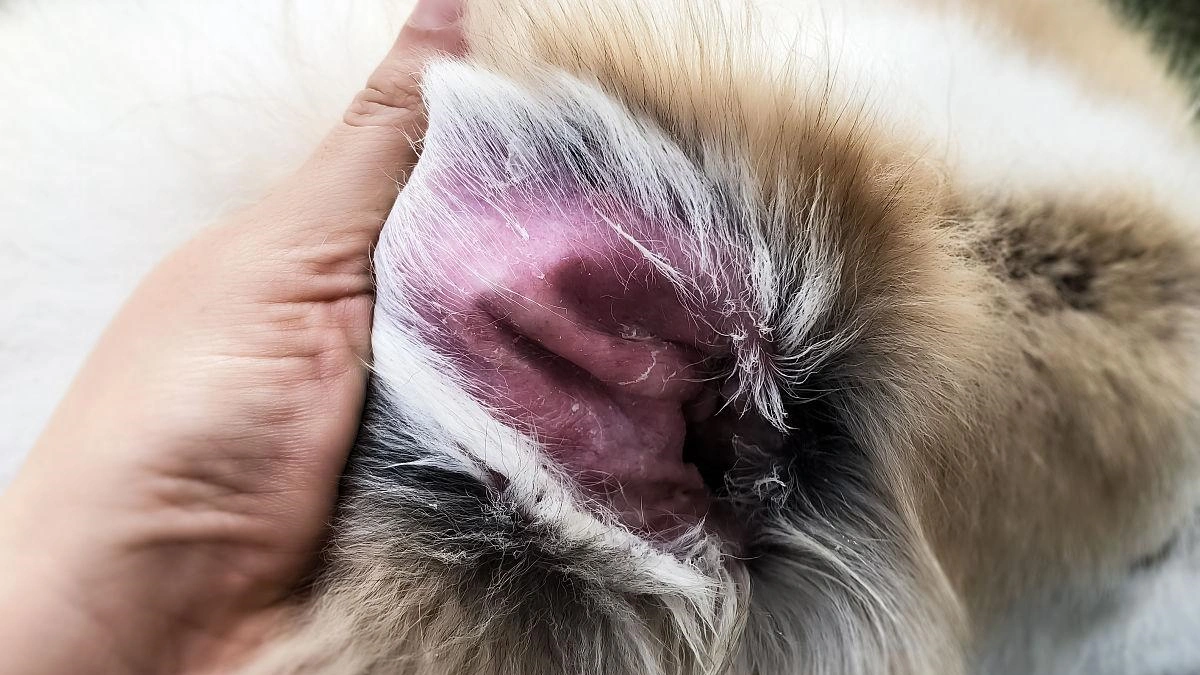
Cure for Dog Skin Allergies Owners Often Miss

How to Get Rid of Dog Allergies Naturally: Common Mistakes

Dog Allergic Reaction Eye Swelling: Hidden Mistakes to Avoid

Why Do Bulldogs Scratch? Bulldog Skin Allergies Guide

Cure for Dog Skin Allergies Owners Often Miss

Vet-Recommended Wet Dog Food for Sensitive Stomachs — 2025 Guide

Dog Dust Mite Allergy: Symptoms, Treatment, Prevention

Can Allergies in Dogs Cause Diarrhea and Vomiting? Explained

10 Pitbull Health Problems You Should Know in 2025 — Tips


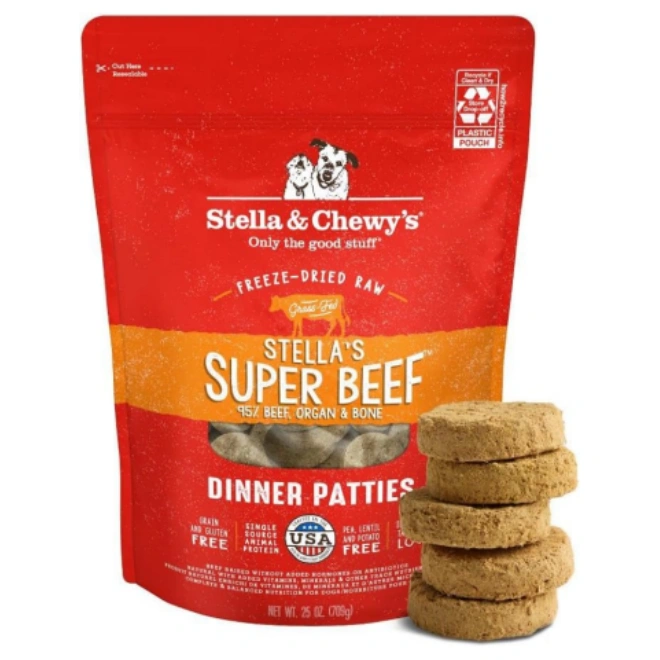
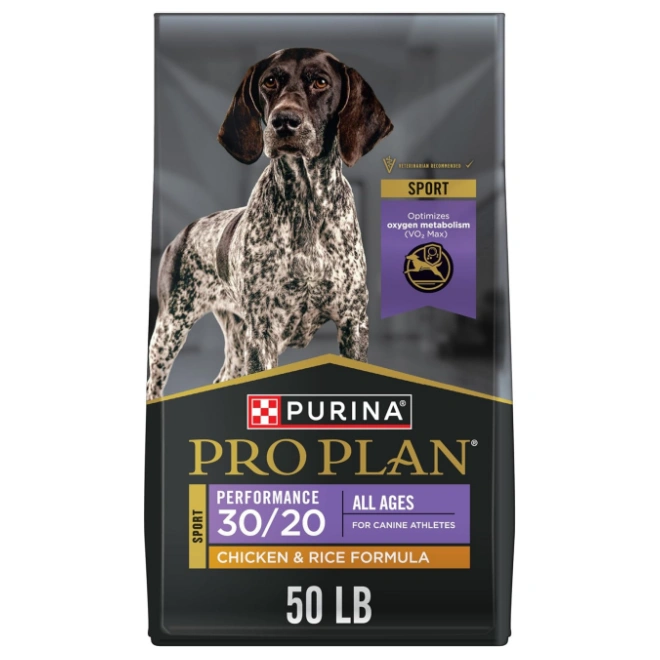
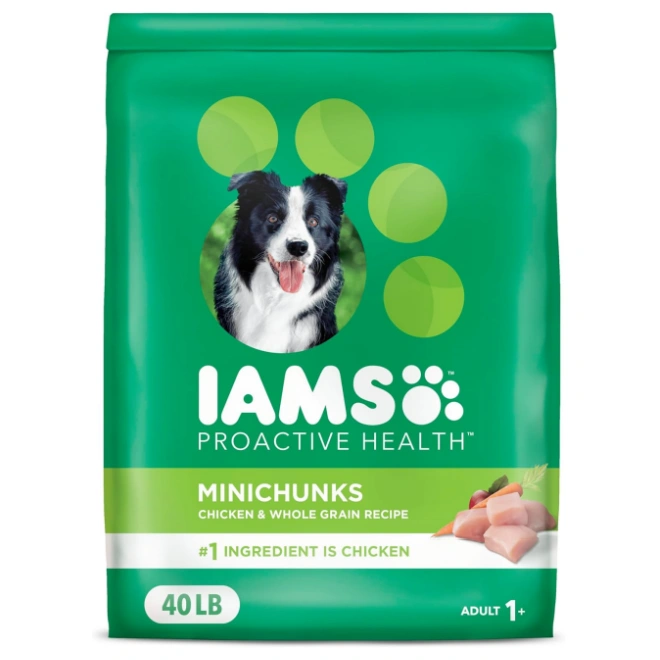
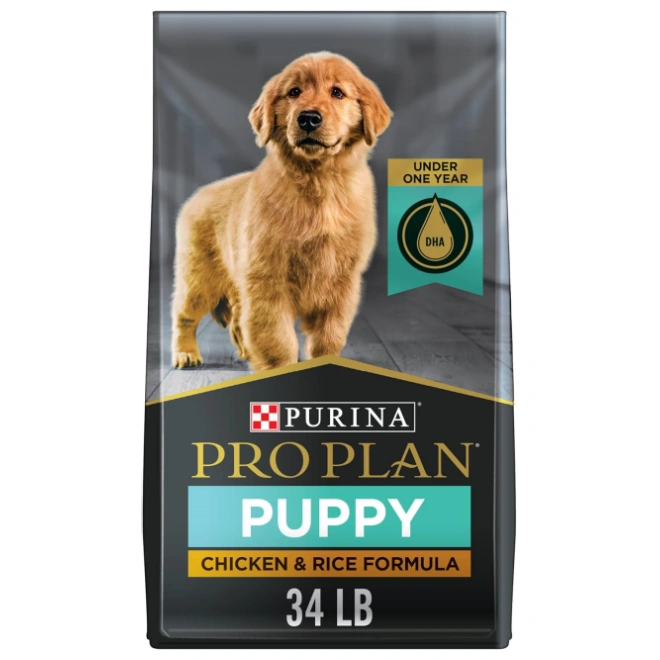








Leave a Reply